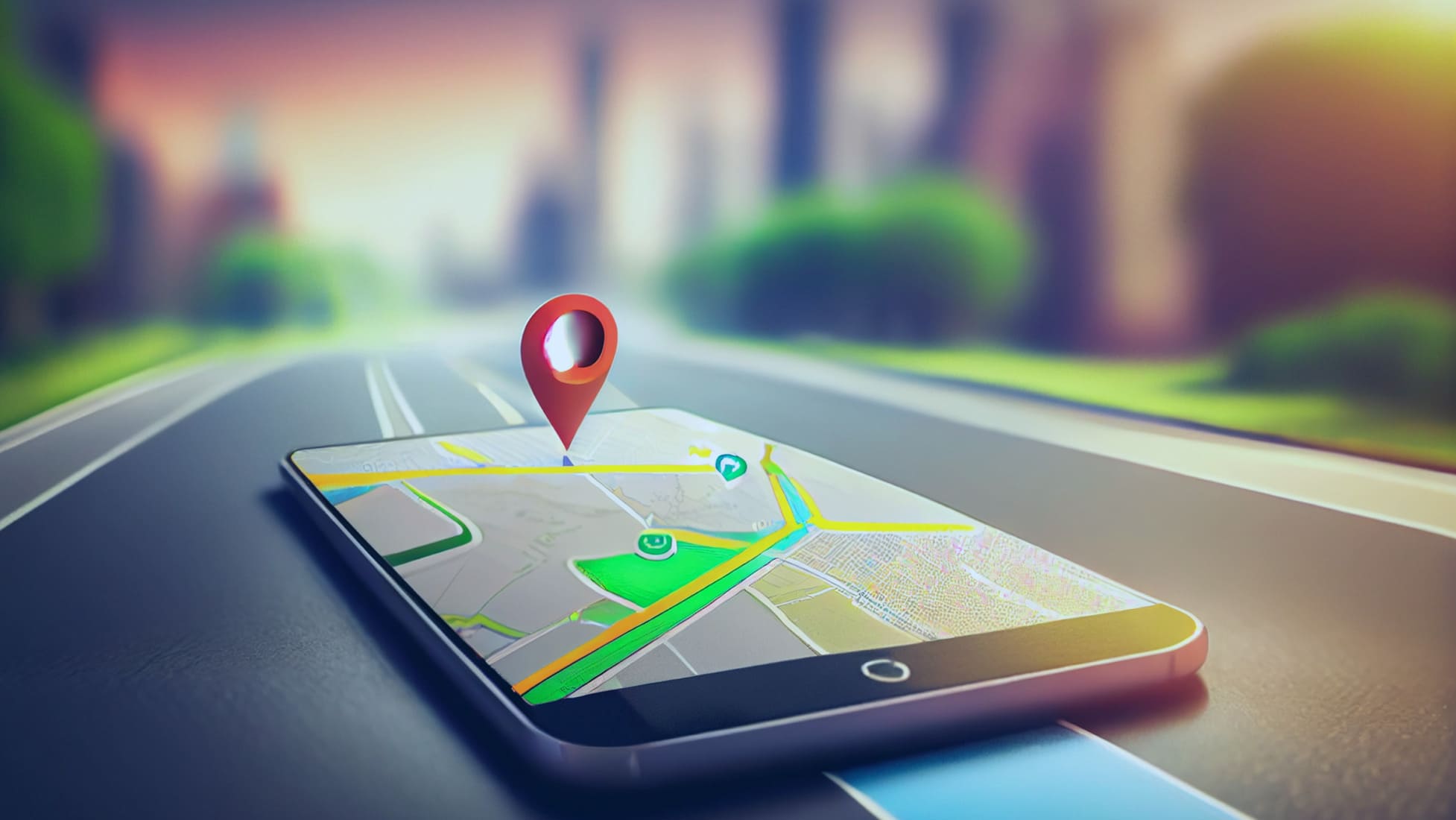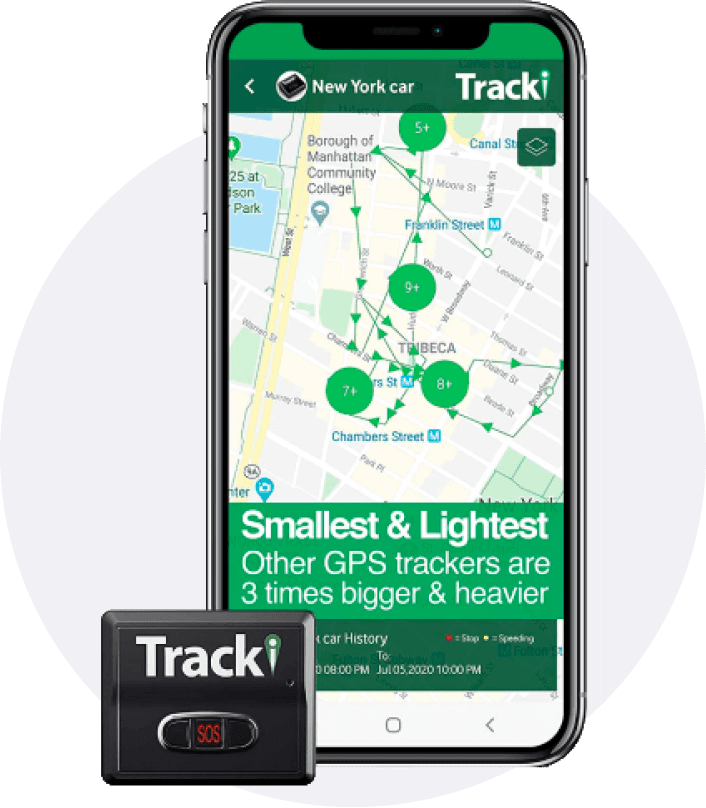Browsing the Future of GPS Monitoring: Advancements, Obstacles, and Opportunities Ahead
As we stand at the crossroads of societal effects and technical advancements, the landscape of GPS monitoring is poised for a transformative journey in advance. The evolution of GPS modern technology has been quick, introducing a brand-new period of real-time tracking abilities that promise unprecedented levels of precision and effectiveness. Nonetheless, with excellent development comes wonderful duty, as information privacy problems impend huge and safety challenges in GPS tracking raise pertinent inquiries about safeguarding delicate details. Yet, amidst these obstacles lie hidden opportunities waiting to be explored, providing a glance into the untapped capacity of an industry at the edge of adjustment.
Development of GPS Innovation
Created for armed forces functions, GPS innovation has developed to come to be an ubiquitous tool in various markets, consisting of transport, logistics, farming, and personal navigating. Early General practitioner systems were identified by minimal insurance coverage, lower accuracy, and bulkier hardware requirements.
One secret landmark in the evolution of GPS modern technology was the advancement of Careful Availability (SA) in the 1990s, which deliberately weakened the precision of private GPS signals. As GPS technology proceeds to progress, we can anticipate further renovations in efficiency, coverage, and accuracy, opening up new opportunities for advancement and applications across various industries.
Real-Time Monitoring Improvements
Structure on the improvements in GPS innovation that have actually reinvented accuracy and protection, real-time monitoring has become a crucial area of technology with extensive ramifications throughout different sectors. Real-time monitoring developments allow companies and businesses to keep track of assets, employees, and vehicles instantly, giving useful understandings for decision-making processes - gps tracking. By leveraging real-time data, firms can boost operational effectiveness, boost client service, and ensure the safety and protection of their assets
Among the vital advancements in real-time tracking is the combination of artificial knowledge and artificial intelligence formulas, which allow anticipating analytics and anomaly detection. These abilities permit positive maintenance scheduling, path optimization, and danger reduction techniques. Additionally, the evolution of real-time radar has resulted in the development of mobile applications and adjustable dashboards, encouraging customers to access vital details anytime, anywhere.
Data Personal Privacy Worries

Information privacy issues incorporate various elements, consisting of the storage, sharing, and retention of place information. Businesses need to implement durable safety and security steps to protect general practitioner tracking information from cyber dangers and data breaches. Transparent policies regarding data collection methods and the purpose of tracking are essential to build depend on with consumers and guarantee compliance with data defense guidelines.

Protection Difficulties in GPS Tracking
Dealing with data privacy issues in GPS tracking is elaborately connected to reducing the safety and security tests that emerge from possible susceptabilities in the technology. One of the key security difficulties in GPS monitoring is the threat of unapproved access to sensitive location data.
Another safety and security difficulty is the capacity for jamming or spoofing GPS signals. Carrying out robust security, verification actions, and signal confirmation protocols are vital actions in resolving these safety and security obstacles in GPS tracking.
Emerging Opportunities in the Industry
The blossoming area of general practitioner tracking modern technology presents a myriad of appealing possibilities for sector growth and advancement. One key opportunity hinges on the expansion of general practitioner tracking applications beyond traditional fields. Industries such as logistics, transport, and fleet management have been early adopters of GPS innovation. Arising chances are currently arising in areas like health care, agriculture, and environmental monitoring. For example, general practitioner monitoring can transform individual care by enabling remote tracking of essential indications and making sure timely clinical help. In agriculture, GPS innovation can enhance crop management methods and improve general yield. Ecological surveillance can benefit from GPS tracking by enabling real-time information collection for environment research study and conservation efforts.
In addition, the enhancing demand for linked gadgets and IoT services offers a ripe opportunity for General practitioner monitoring business to expand their offerings and produce ingenious services that provide to a anonymous much more connected world. By taking advantage of on these arising opportunities, GPS tracking firms can position themselves for sustained development and success web in the vibrant landscape of the sector.
Final Thought
In final thought, the future of General practitioner monitoring is marked by constant evolution and innovation in technology. As the industry relocates ahead, navigating these difficulties will be essential to make certain the ongoing development and success of GPS tracking innovation.
With terrific technology comes wonderful responsibility, as data privacy concerns impend huge and safety and security challenges in GPS tracking raising important concerns about protecting delicate info.With the fast spreading of General practitioner tracking innovation in various markets, dealing with data personal privacy problems has ended up being an essential necessary for both customers and services alike. The collection of area information through General practitioner tracking elevates considerable privacy concerns, as it allows the monitoring of individuals' habits and activities. Organizations making use of GPS tracking should prioritize securing this data to avoid unauthorized accessibility or abuse that might jeopardize individuals' privacy civil liberties.
Organizations must implement robust security steps to shield GPS tracking data from cyber hazards and data violations.
Comments on “Understanding GPS Tracking: Modern Technology, Applications, and Benefits”